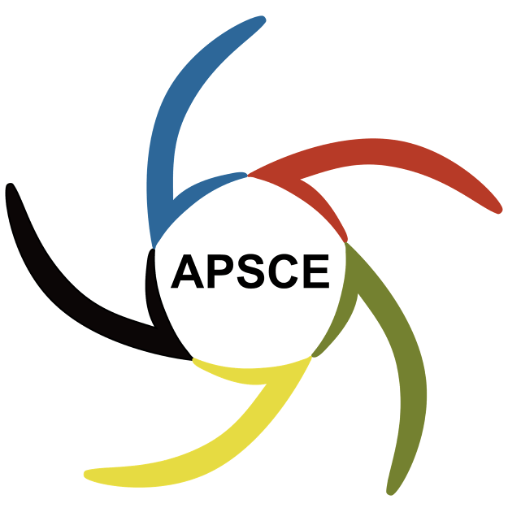

APSCE SIG on Learning Analytics and Educational Data Mining
The increasing amount of data generated in digital learning contexts provides opportunities to benefit from learning analytics and educational data mining (LA & EDM). On the other hand, there are challenges related to interoperability, privacy, and pedagogical and organizational models. As a consequence, new methodologies and technological tools are necessary to analyse and make sense of these data and provide intelligent and personalized scaffolding and services to various stakeholders including students, faculty/teachers and administrators, as well as parents. Pedagogical and organisational models must also be incorporated in order to take advantage of the intelligent and personalised scaffolding and services to ensure productive learning and teaching.
In addition, access to data from different sources raises a number of concerns related to commodification, data sharing and interoperability, and protection of privacy for individuals and business interests for institutions. Learning Analytics and Educational Data Mining demand a new approach to research ethics and data management. Among other things, the pedagogic use for learners have to be balanced against business and commercial interests. Usage of data for pedagogic benefit is, therefore, the primary driver for analytics. This is, as yet, an area of intensive study.
Although LA & EDM have been gaining traction in international research communities, this is an emergent research field in the Asian-Pacific Society of Computers in Education (APSCE). The objective of the Special Interest Group (SIG) is to gather researchers as well as stakeholders, including educational technologists, researchers, policy makers and practitioners who are involved in the analysis and deployment process and to increase awareness of learning analytics and educational data mining in the APSCE community.
Contributions to LA & EDM Research and Innovative Practice
Recently, many researchers in the field of learning with digital technologies have focused an important part of their research on LA & EDM. We have also seen this trend in the submissions to the annual ICCE conference in which this area is part of Subconference 3 on "Advanced Learning Technologies, Learning Analytics and Digital Infrastructure". This brings up the question of what qualifies a contribution as belonging to Learning Analytics (including EDM). Papers reporting on empirical studies related to learning using traditional methods of data gathering and statistics are as such not specific enough. To be considered in the category of LA & EDM, a contribution should encompass a reasonable subset of the following characteristics:
- Usage of data that originate from digital learning environments, including activity-based logfiles, learner-generated digital artefacts (including texts or concept maps), or learner data filed in administrative systems.
- Analysis methods involving computational techniques such as machine learning, data mining, sequence analysis, process mining, information extraction from digital artefacts and (social) network analysis applied to learning data.
- Pedagogical models, empirical evidence and reflections related to the exploitation of the above listed approaches to enrich or improve learning scenarios.
- Strategic contributions related to implementing Learning Analytics in educational settings and institutions.
- Approaches aiming at identifying and managing issues related to privacy and data protection in analytics-enhanced digital learning environments.